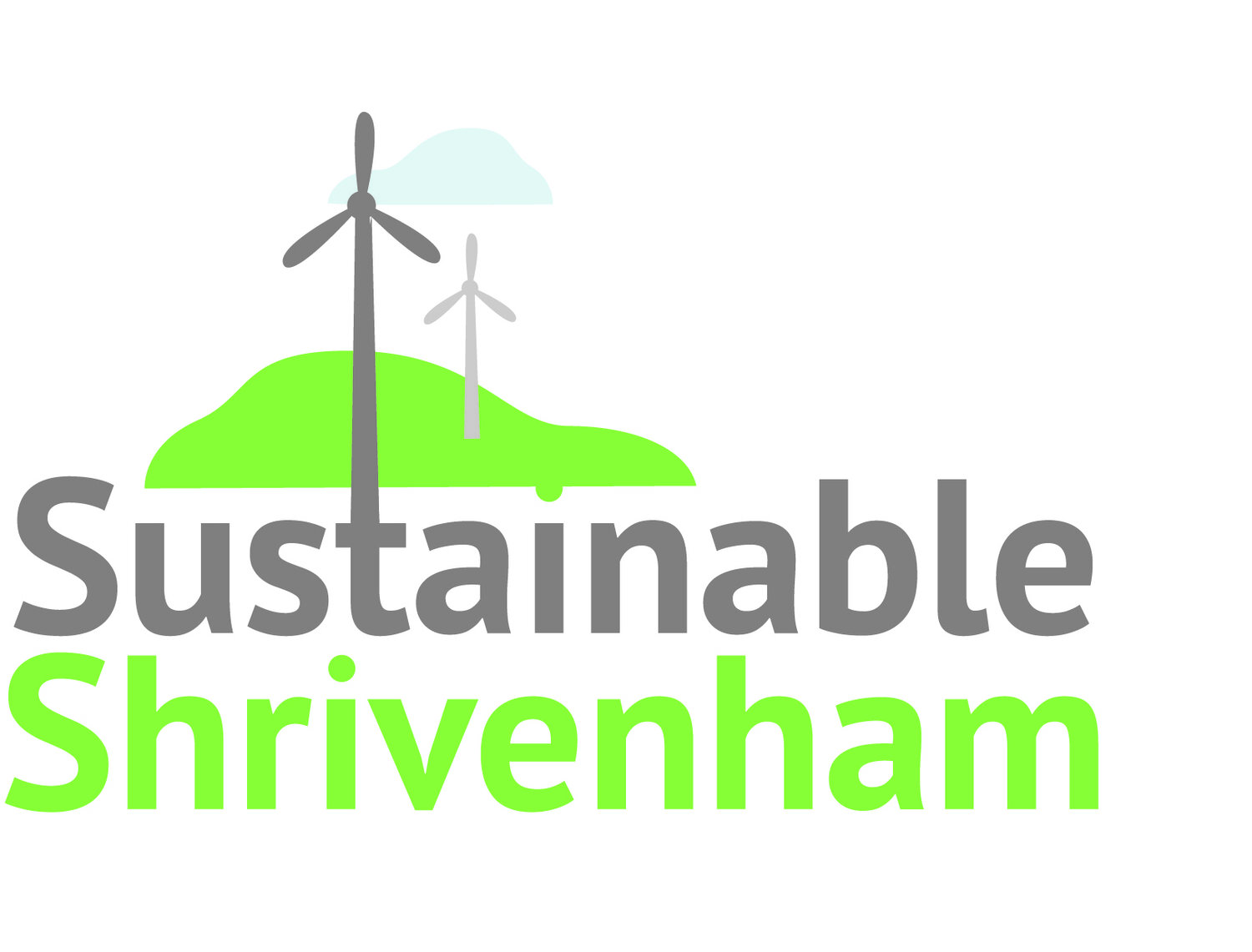Community Compost Project
ESS Composts 100% of Kitchen Food Waste at the Defence Academy of the United Kingdom.
Thanks to a joint effort with Shrivenham Parish council and funding from one of our loyal members, we are delighted to be able to share a new community composted soil improver, supplied by the surplus from a fantastic Defence Academy initiative. [Read more below]
How to use the composted soil improver…
Bring your own container to collect from the tubs provided.
Keep lid closed to avoid contamination or misuse.
Take only as much as you need.
Dilute 1 part compost to 9 parts soil before use.
We would be grateful if you could make a donation to The Hub when you can to help maintain this valuable resource.
Please let us know if you notice it is running low so we can arrange a top up delivery.
Where does the soil improver come from…
Recognising a great opportunity to reduce food waste collections and create a useful product The Defence Academy introduced an in-vessel food waste composter.
The site produces thousands of meals every day across breakfast, lunch and dinner for customers living on and off site, as well as providing a high volume of hospitality and event catering. Having implemented processes to reduce food waste to a minimum, including chef innovation to give a second life to food, waste is limited to mostly fruit and vegetable cuttings, some out-of-date products, meat trimmings, plate scrapings and coffee grounds.
The food composting initiative has proved extremely successful – ESS is now collecting around 1,250 kg of food waste per week and, to date, has converted 34,263 kg of food waste to 8,675 kg of nutrient-rich compost.
The process is managed by waste facilities technician, Trevor Claridge, who uses an electric vehicle to collect food waste from six large, busy kitchens and three retail outlets across the establishment. As well as food products, he collects shredded cardboard and compostable packaging.
Waste is tipped into the composter, which works 24-hours a day in an almost non-stop process of churning, bacterial digestion and transformation.
The finished product is a garden-ready compost which is dry and odourless. It is removed from the composter every Monday morning.
The compost is used to supply an organic garden built by ESS on site. The team has converted one-acre of previously unused land into a hive of growing activity. The site is managed by two gardeners and incorporates ground and raised beds and polytunnels housing crops including tomatoes, courgettes, beans, leeks, spring onions, beetroots and pumpkins. The ingredients produced are being used by chefs in a new ESS outlet dedicated to promoting sustainability and wellbeing.



